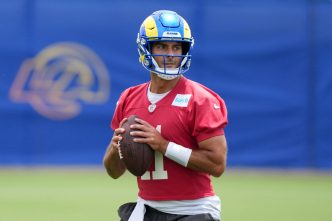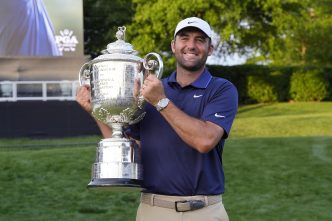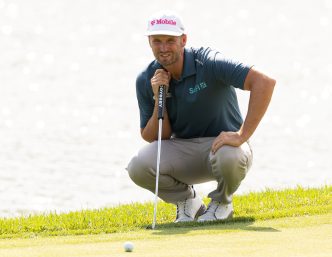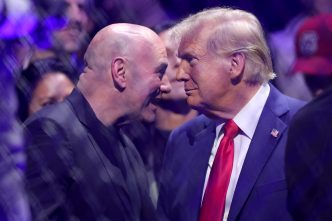In a significant legal development, a federal judge has turned down a North Carolina State football player’s request to challenge NCAA rules regarding eligibility. Corey Coley Jr., who is hoping to secure an additional year of college football eligibility for the 2025 season following a season-ending injury in 2024, faced a setback in his lawsuit filed earlier this year.
Coley, who has made his mark playing three seasons at Maryland and one at NC State, argued that the NCAA’s five-year eligibility rule infringes on antitrust law. However, Judge James C. Dever III, presiding in the Eastern District of North Carolina, denied Coley’s request for a preliminary injunction. His ruling highlighted that “the balance of hardships does not favor Coley,” suggesting that ruling in favor of the player could disrupt NCAA Division I Bylaws that oversee more than 180,000 student-athletes.
In his order, Judge Dever pointed out that even if Coley were granted his request, it didn’t ensure he would receive the additional playing time or the name, image, and likeness (NIL) earnings he sought. This highlights the complex interplay between collegiate athletics and the legal frameworks governing them.
In his legal argument, Coley emphasized the financial opportunities that could arise from another season on the field. Since the NCAA modified its rules in 2021, athletes have been able to benefit from NIL payments. In fact, top institutions are projected to distribute up to $20.5 million in revenue directly to athletes starting this July, contingent on a federal judge approving a landmark $3 billion settlement involving the NCAA, major conferences, and former players.
The NCAA has also been considering reforms that could permit all athletes to participate for five seasons within a five-year span, potentially eliminating redshirt seasons and the need for waivers in certain situations. This is part of broader ongoing conversations about modifying transfer rules and the inclusion of junior-college seasons within eligibility counts.
While Coley’s immediate request has been denied, the foundation for his overall legal case remains intact, a situation worth monitoring as the college sports landscape continues to evolve.








